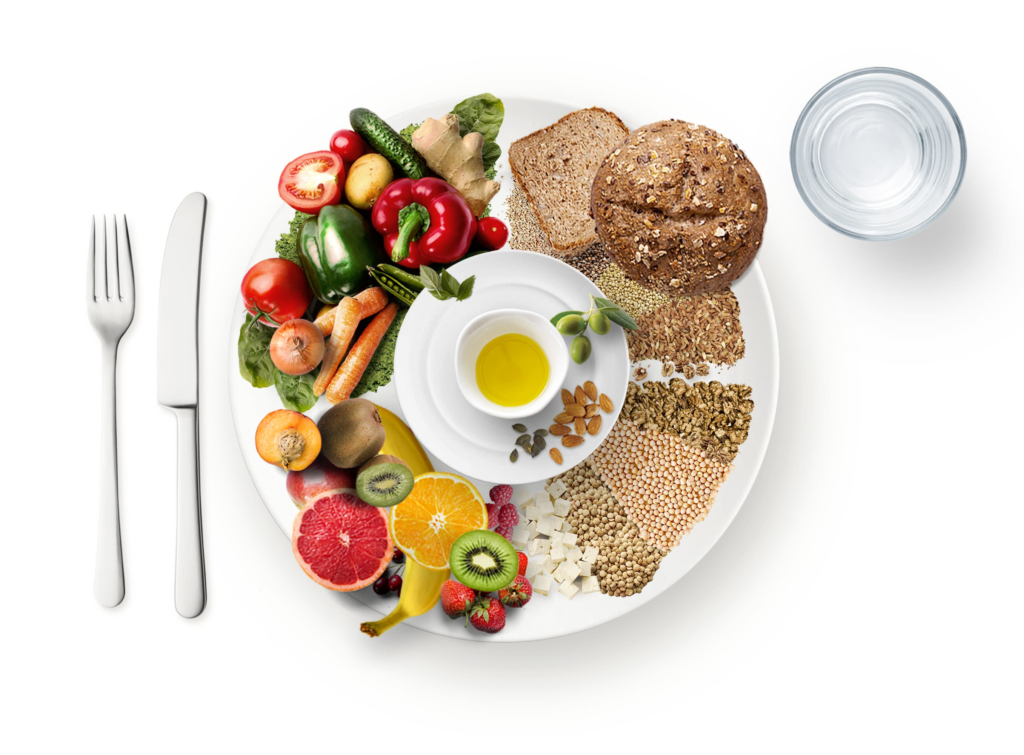Nourishing the Vegetarian Plate: A Guide to Nutrient-Rich Foods
A well-planned vegetarian diet can be incredibly nutritious, providing all the essential nutrients the body needs. By incorporating a variety of plant-based foods, vegetarians can enjoy robust health and vitality. Here’s a breakdown of some of the best nutritious foods for vegetarians:

1. Legumes: The Protein Powerhouses
- Why they’re great: Legumes like lentils, chickpeas, and beans are excellent sources of plant-based protein, fiber, and various vitamins and minerals. They can help regulate blood sugar levels, promote heart health, and aid in digestion.
- How to incorporate: Add them to soups, stews, salads, or enjoy them as a standalone dish.
2. Whole Grains: The Energy Boosters
- Why they’re great: Whole grains like brown rice, quinoa, oats, and whole-wheat bread are rich in complex carbohydrates, fiber, and B vitamins. They provide sustained energy, support digestive health, and reduce the risk of heart disease.
- How to incorporate: Use them as a base for meals, incorporate them into breakfast bowls, or enjoy them as a side dish.
3. Fruits and Vegetables: The Nutrient Powerhouses
- Why they’re great: Fruits and vegetables are packed with vitamins, minerals, antioxidants, and fiber. They promote overall health, boost the immune system, and protect against chronic diseases.
- How to incorporate: Eat a rainbow of fruits and vegetables daily, including leafy greens, berries, citrus fruits, and cruciferous vegetables.
4. Nuts and Seeds: The Healthy Fats
- Why they’re great: Nuts and seeds are excellent sources of healthy fats, protein, fiber, and various vitamins and minerals. They can help lower cholesterol levels, reduce the risk of heart disease, and promote brain health.
- How to incorporate: Add them to salads, yogurt, oatmeal, or enjoy them as a snack.
5. Dairy Alternatives: The Calcium Boosters
- Why they’re great: Dairy alternatives like soy milk, almond milk, and oat milk are fortified with calcium and vitamin D, essential for strong bones and teeth.
- How to incorporate: Use them in smoothies, cereals, or as a milk substitute in recipes.
Additional Tips for a Nutritious Vegetarian Diet:
- Plan your meals: A little planning can go a long way in ensuring you’re getting all the nutrients you need.
- Read food labels: Pay attention to the nutritional information to make informed choices.
- Cook at home: This gives you more control over the ingredients and cooking methods.
- Stay hydrated: Drink plenty of water throughout the day.
- Consult a healthcare professional: If you have any concerns about your diet, consult a registered dietitian or healthcare provider.




















